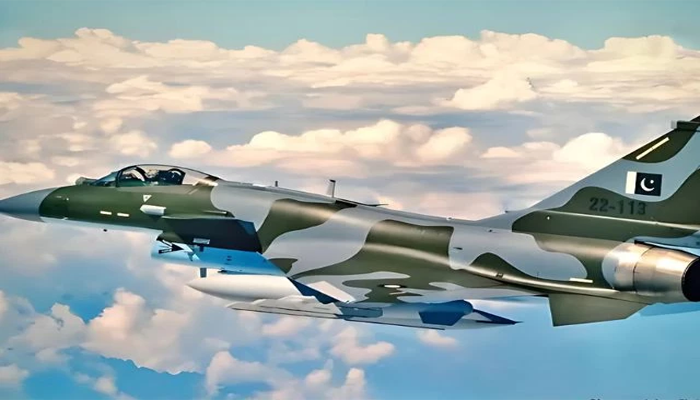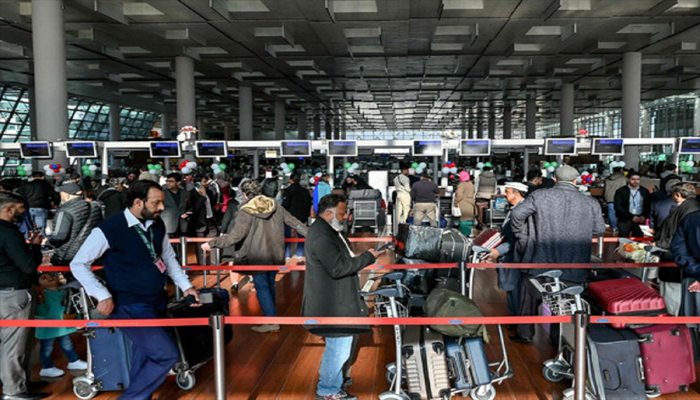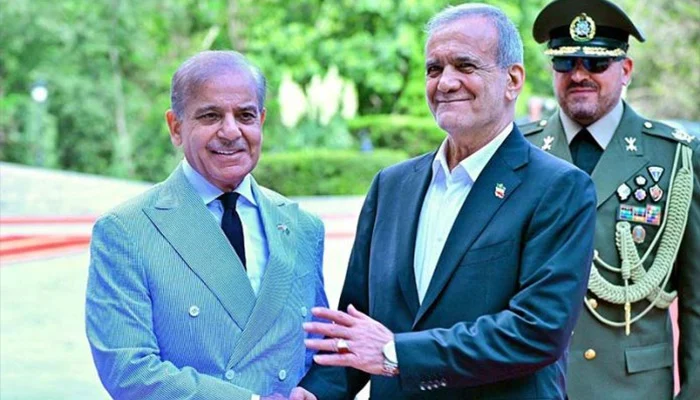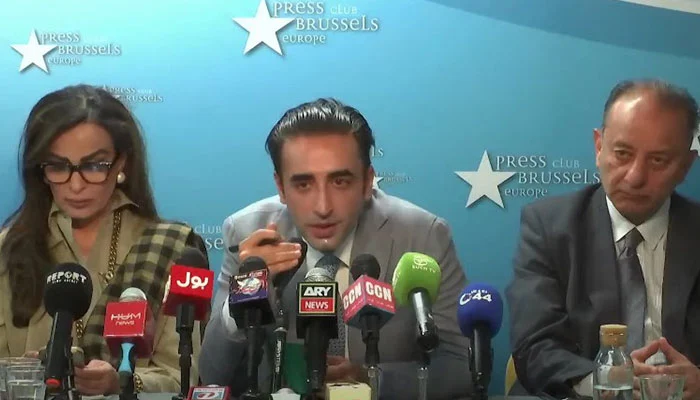LoC: In a fresh escalation of tensions between the two nuclear-armed neighbours, Pakistan Air Force (PAF) aircraft intercepted and responded to the presence of four Indian Rafale fighter jets patrolling near the Line of Control (LoC) late Tuesday night. The jets were operating within Indian Illegally Occupied Jammu and Kashmir (IIOJK) when PAF radars detected them, prompting a swift aerial response.
According to security sources, the PAF launched a “coordinated tactical maneuver,” which led the Indian aircraft to retreat from the sensitive airspace near the LoC. The engagement occurred during the night between April 29 and April 30, heightening regional alert levels.
The incident comes amid a rapid deterioration in bilateral relations following the April 22 attack in Pahalgam, IIOJK, that claimed the lives of 26 people, most of whom were tourists. The attack marked one of the deadliest in the region in more than two decades and has intensified scrutiny and finger-pointing between the two capitals.
In the aftermath, India unilaterally suspended the Indus Waters Treaty (IWT) on April 23, a landmark water-sharing agreement signed in 1960 and brokered by the World Bank. The IWT has survived several wars and political crises, but its suspension signals a major diplomatic breakdown.
Pakistan responded by warning it might suspend the 1972 Simla Agreement and hinted at closing its airspace to Indian flights, a move that would disrupt commercial and military logistics.
While New Delhi has suggested that the April 22 attack may have had cross-border links, it has yet to present concrete evidence. Islamabad, meanwhile, has categorically denied any involvement. Prime Minister Shehbaz Sharif has called for an independent, international investigation to establish the facts.
“This is a time for facts and cooperation, not accusations,” Sharif stated. “Pakistan is willing to work with global partners to ensure justice is served without inflaming regional tensions.”
Tensions were further inflamed Tuesday night when Pakistan's Information Minister Attaullah Tarar publicly warned that Islamabad had credible intelligence indicating India might launch a limited military strike within 24 to 36 hours. He accused India of using the Pahalgam incident as a pretext for aggression.
“India seems to have assumed the role of judge, jury, and executioner,” Tarar said. “Such unilateralism is both dangerous and destabilising in an already volatile region.”
Tarar added that Pakistan reserves the right to respond “with full force” in the event of any military aggression, while emphasising Islamabad’s preference for peace and dialogue.
“Pakistan has itself suffered immensely from terrorism and understands the pain and consequences of such violence,” he noted.
Both sides have placed their militaries on high alert. Diplomatic channels remain open, but analysts say the possibility of miscalculation or escalation cannot be ruled out unless cooler heads prevail.
The United Nations and key international actors have urged both countries to exercise maximum restraint and resume diplomatic engagement to avoid a broader conflict in South Asia.









